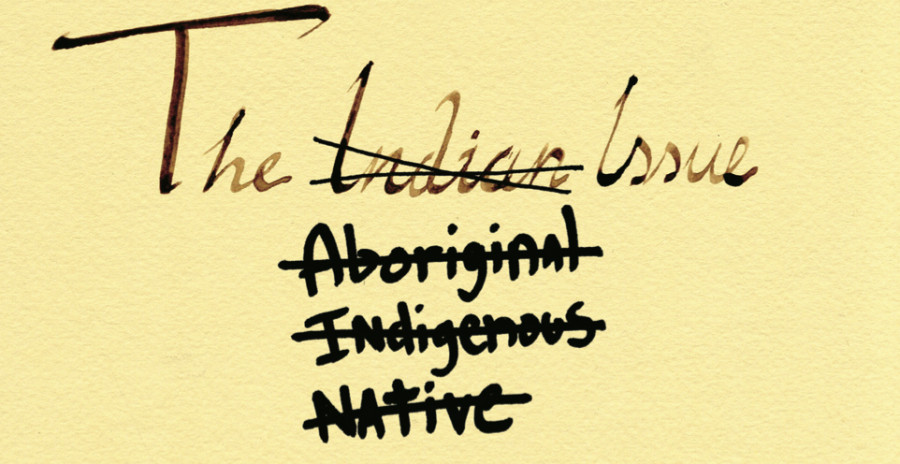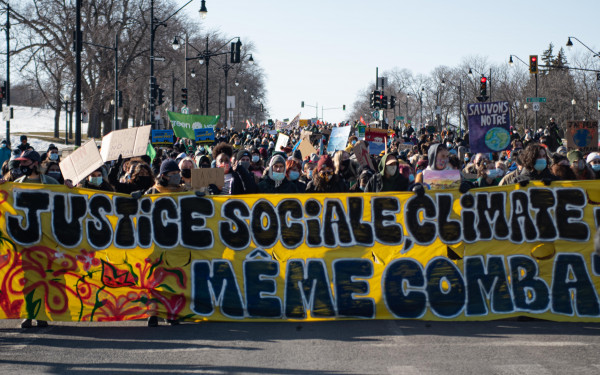To Clarify the Confusion:
The word Indian is a legal term in Canada. As of a few weeks ago, non-status and Métis are now also considered Indians under the Constitutional Act of 1867.
Aboriginal is an umbrella term that includes First Nations, Inuit and Métis people. The word appears officially in the Canadian Constitutional act of 1982.
Indigenous is another general term. In Canada, similar to the word aboriginal, it can be used in reference to First Nations, Inuit and Métis—but when used elsewhere, it becomes applicable to any group of people, or person, originating from a specific place.
When you speak of First Nations people, you are excluding Inuit and Métis. When used practically, however, the connotation ranges, depending on whom you ask.
The word Native refers to people associated to a specific place by birth.
But if you’re a non-native, where are you from? Do you count as a settler?
Not knowing what to call someone can hinder conversations and lead to awkward situations. But as far as discussions concerning Canadians, and Canadian First Peoples go, issues run far deeper than ambiguous nomenclature.
Our history and our identities are inseparable. Our contemporary issues are intertwined.
Before we can move forward, we need to understand where we’re coming from, and where we stand in relation to one another. We need to face our own ignorance, and our questions head on.
Just because we don’t have all the answers is no reason not to talk about the problems.
—Current Affairs Editor Megan Dolski,
Special Issue Coordinator




ED1(WEB)_600_375_90_s_c1.jpg)

_600_375_90_s_c1.jpg)
_600_375_90_s_c1.jpg)